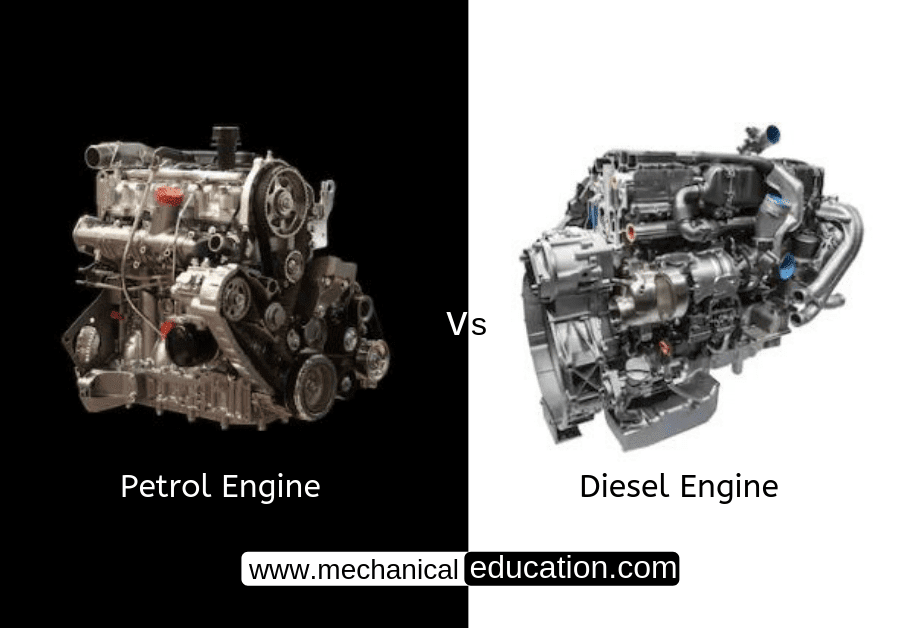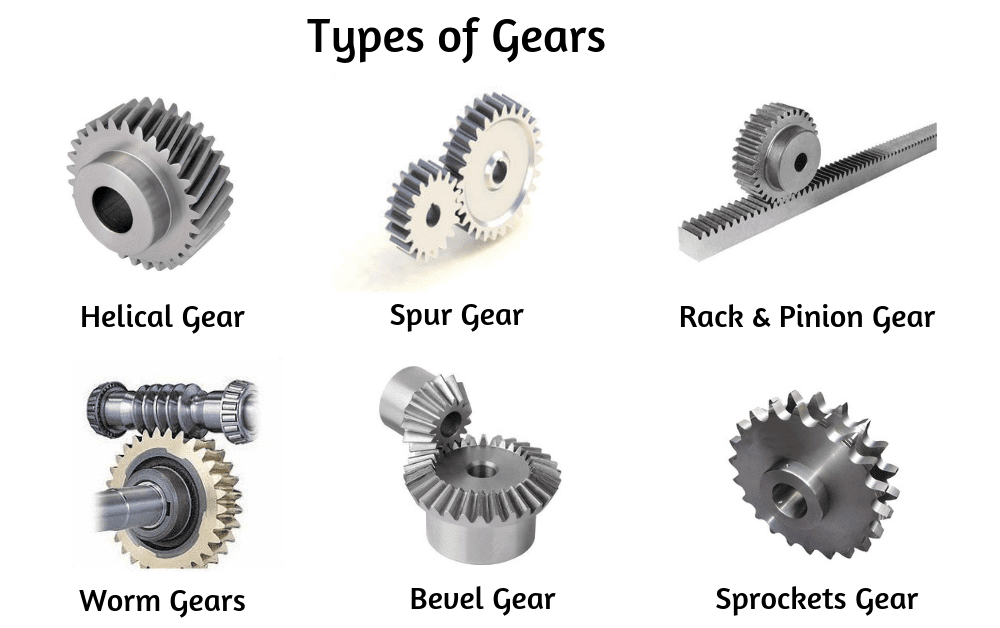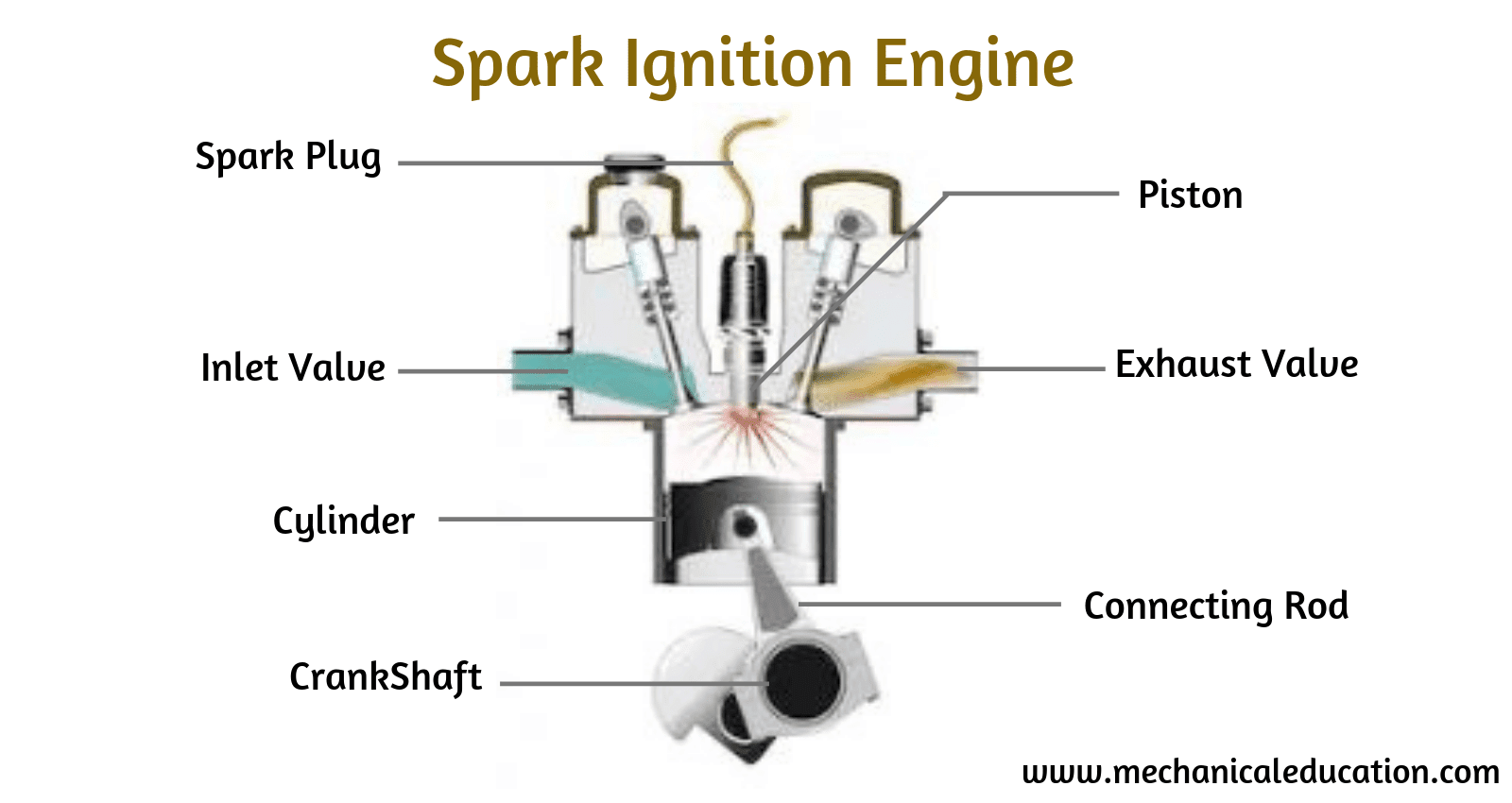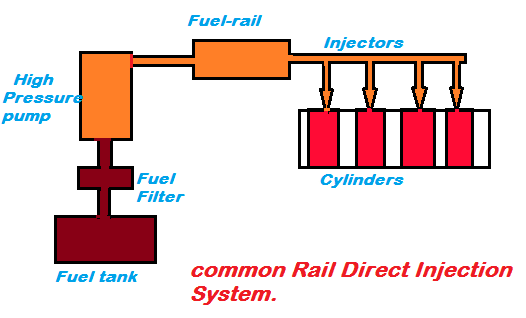The decision to buy a new car or a used car depends on your personal preferences, budget, and needs. Both options have their advantages and disadvantages, so it’s important to consider your individual circumstances before making a decision.
Here are some factors to consider when deciding between a used car and a new car:
- Cost: Used cars are typically less expensive than new cars. If you have a limited budget, a used car may be the better option for you. Keep in mind that used cars may require more maintenance and repairs, which can add to their overall cost.
- Depreciation: New cars typically depreciate in value more quickly than used cars. This means that a new car may lose a significant portion of its value in the first few years of ownership. If you plan to sell your car in the future, a used car may hold its value better than a new car.
- Reliability: New cars come with a warranty and are less likely to have mechanical problems than used cars. However, many used cars are still reliable and can provide years of trouble-free driving.
- Features: New cars often come with the latest technology and safety features, which may not be available on older models. If having the latest features is important to you, a new car may be the better option.
- Insurance: Insurance premiums for new cars are typically higher than those for used cars, as new cars are more expensive to repair or replace in the event of an accident.
Ultimately, the decision to buy a new or used car comes down to your individual circumstances. If you have a limited budget, a used car may be the better option. If you want the latest features and technology, a new car may be the better choice. Consider your needs, budget, and preferences before making a decision, and don’t forget to factor in the costs of maintenance, repairs, and insurance.
Frequently Asked Questions
1. Is buying a used car a wise financial decision compared to purchasing a new car?
It can be a wise financial decision to buy a used car as they often come at a lower initial cost, and the depreciation rate is typically lower than that of a new car.
2. What factors should be considered when deciding between a new and a used car?
Consider factors such as budget, depreciation, warranty coverage, desired features, and personal preferences when deciding between a new and a used car.
3. How does depreciation affect the value of a new car compared to a used car?
New cars generally experience higher depreciation in the initial years, losing a significant portion of their value. Used cars, having already undergone this initial depreciation, tend to hold their value better.
4. Are there any advantages to buying a new car instead of a used car?
Buying a new car allows you to enjoy the latest features, technologies, and warranties. Additionally, you have the satisfaction of being the first owner with full knowledge of the vehicle’s history.
5. What is the significance of a vehicle’s history report when considering a used car?
A vehicle’s history report provides information on past accidents, title issues, odometer readings, and maintenance records. It is crucial in assessing the condition and reliability of a used car.
6. Do used cars come with warranties, and how do they compare to new car warranties?
Many used cars come with warranties, but the coverage may be shorter than that of a new car. Extended warranties can be purchased for additional peace of mind when buying a used vehicle.
7. How can one assess the overall condition of a used car before purchasing it?
Conduct a thorough inspection, consider obtaining a pre-purchase inspection from a mechanic, review the vehicle’s maintenance records, and request a test drive to assess the used car’s overall condition.
8. Are there financing differences between buying a new car and a used car?
Financing terms can vary, but interest rates for used cars may be higher than those for new cars. However, the overall cost of financing may still be lower for a used car due to the lower purchase price.
9. Can buying a used car lead to higher maintenance costs compared to a new car?
While maintenance costs can vary, a well-maintained used car may have similar or slightly higher maintenance costs compared to a new car. However, the initial cost savings can offset potential maintenance expenses.
10. Is it possible to negotiate the price of a new car, and how does this compare to negotiating a used car price?
Both new and used car prices are negotiable. However, there may be more room for negotiation with used cars, as their prices are often more flexible, considering factors like market demand and the vehicle’s condition.




